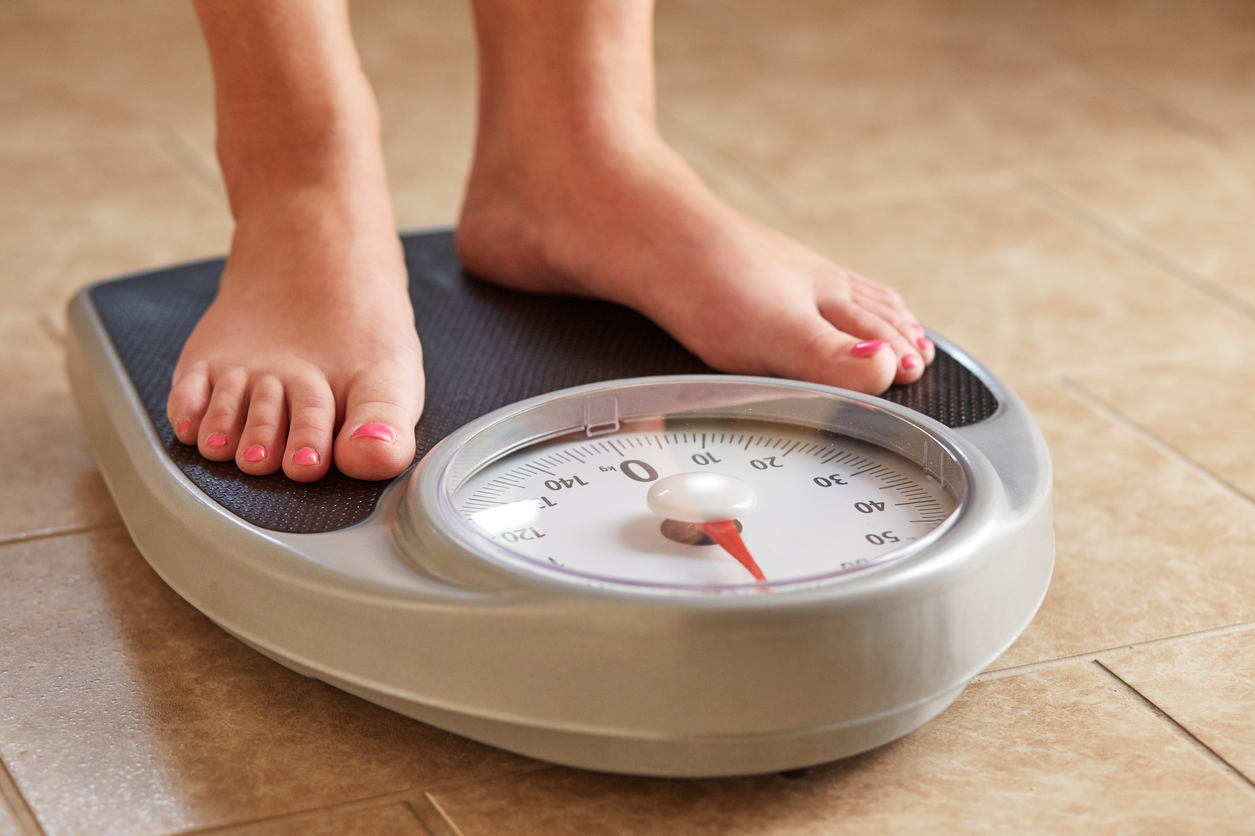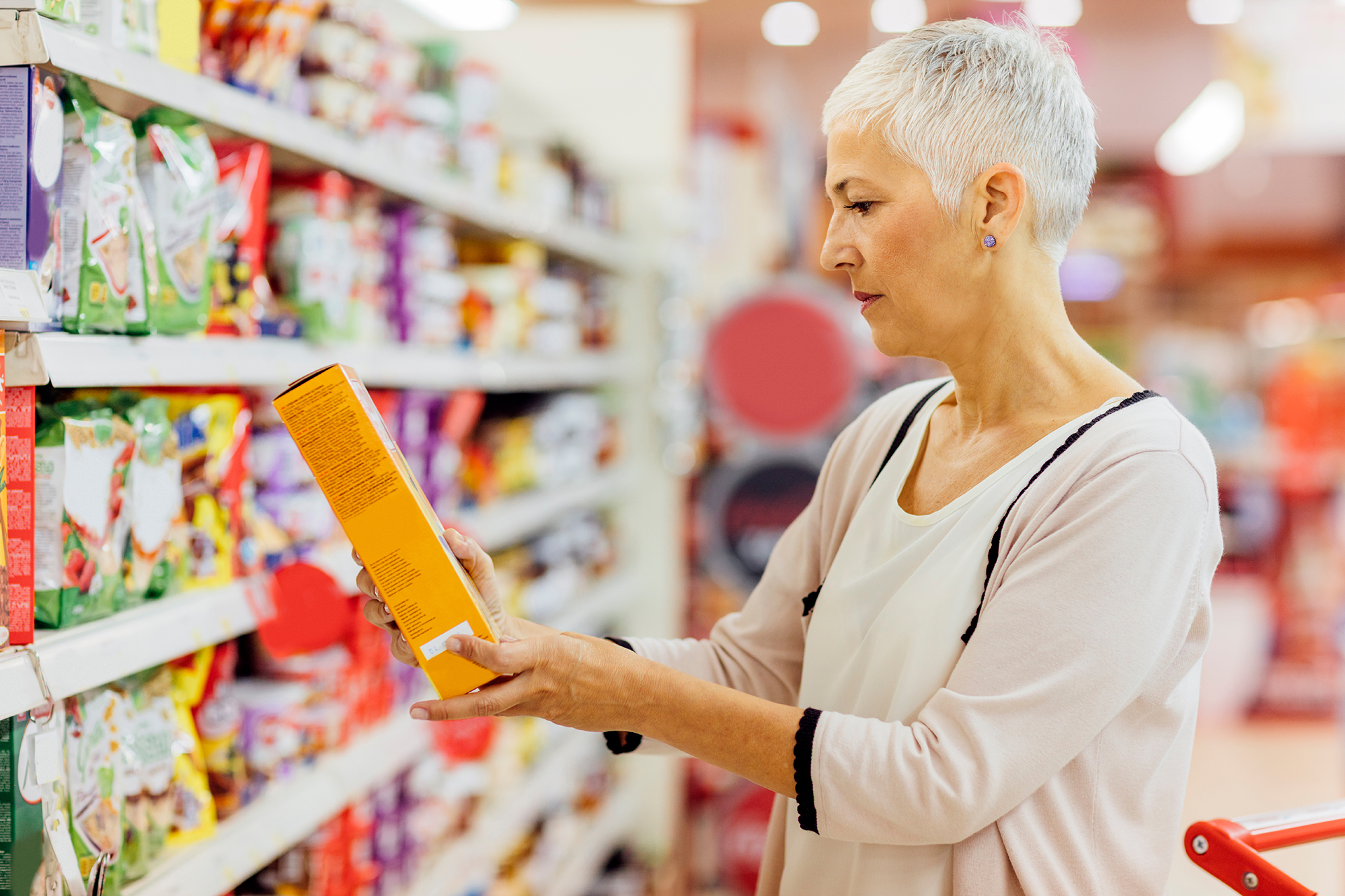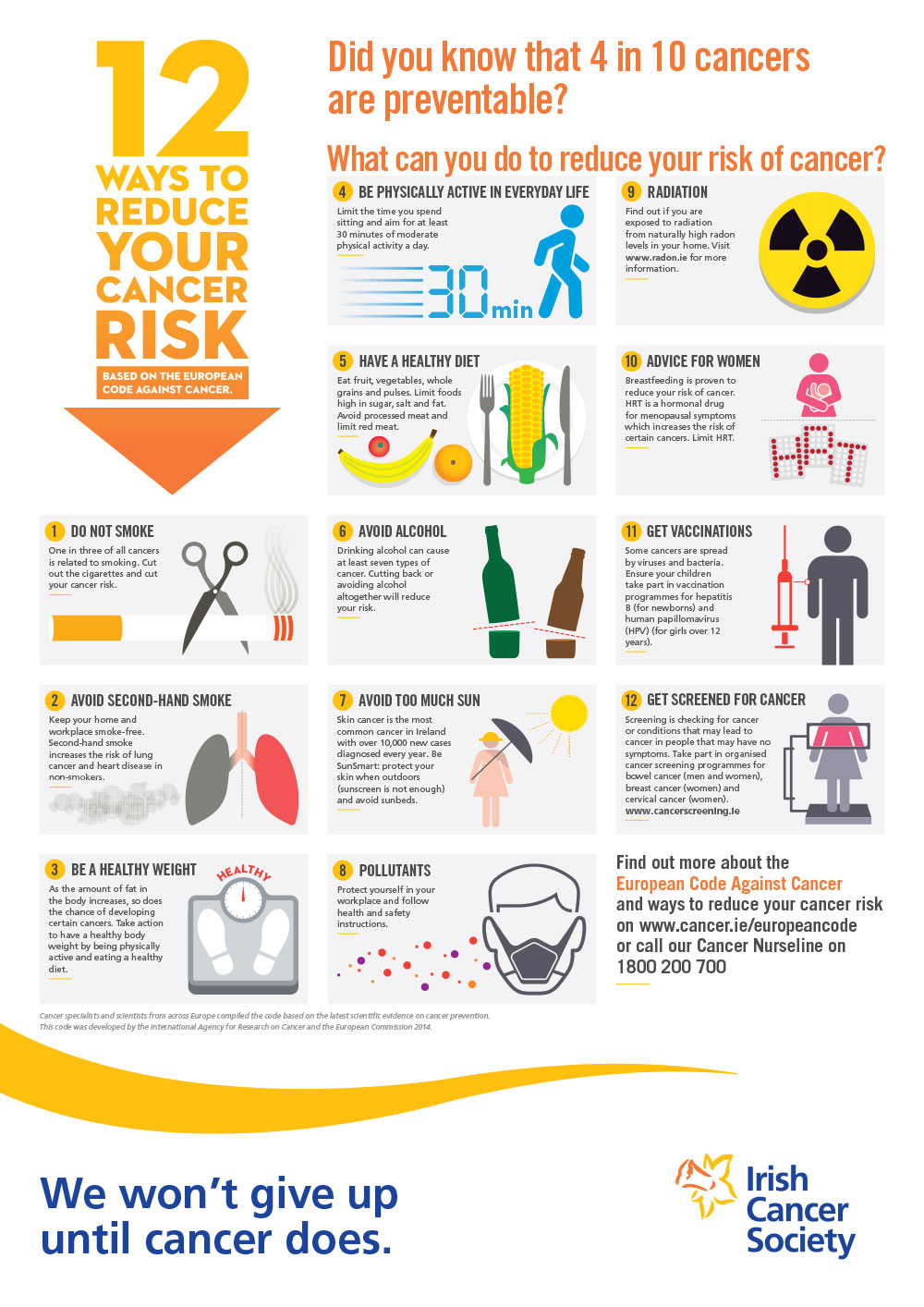Healthy living after cancer

After a cancer diagnosis, many people want to live a healthy lifestyle.
A healthy lifestyle can help you to:
- Feel better
- Heal and recover faster
- Cope better with the side-effects of treatment
- Keep up your energy and strength
- Prevent health problems, such as heart disease, lung problems and diabetes
Research suggests that for some cancers a healthy lifestyle can lower your risk of the cancer coming back.
Vaccinations such as the flu vaccine can help to protect your health, but some may not be recommended if your immune system is low. Ask your hospital doctor or GP about any vaccinations recommended for you. We have more information on vaccinations.
Being a healthy weight
A healthy weight is when you are neither overweight nor underweight. Being a healthy weight reduces your risk of cancer, diabetes, high blood pressure, heart diseases and stroke. We have some information to help you find out: Am I a healthy weight?
Some people find that they put on weight or lose weight during their cancer treatment, so it’s good to get some advice and support from your doctor or dietitian to help you stay as healthy as possible.
Getting to a healthy weight
Being a healthy weight is about getting the balance right between what you eat and how active you are. To keep a healthy weight, you will need to change the way you think about food and physical activity for good. Read some advice about having a balanced diet.
Eat a balanced diet
Some people with cancer find it takes a little time before they can get back to normal eating. Sometimes your appetite might not be very good or you may find that certain foods irritate you. For example, if your mouth is sore or you have a colostomy or ileostomy. But it’s important to eat as well as you can.
A well-balanced diet can help you to recover faster, feel well and reduce your risk of cancer. Read more about diet after cancer treatment.
Get active
Taking some exercise is one of the best things you can do to fell as well as possible. It can improve fatigue and other side-effects, help anxiety and depression, improve your mood and quality of life, strengthen your muscles, joints and bones and reduce the risk of other health issues
Regular physical activity helps to protect against some types of cancer coming back and other types of cancer developing.
Read more about exercising after cancer treatment: the benefits, how to get started and special exercise programmes for cancer survivors.
Quit smoking
Stopping smoking is the best decision you can make to improve your health and wellbeing. If you quit, it reduces your chance of the cancer coming back and another one developing.
It also reduces your chance of developing other illnesses. These include emphysema, heart disease, stroke and osteoporosis. Smoking can also affect the treatment of cancer.
Some hospitals have stop-smoking clinics. Ask your doctor or nurse if there is one available in your hospital. You can also speak with your local pharmacist.
Find out more about giving up smoking including 10 tips to help you quit, treatments you might need and our audio guides to help you on the way.
There is help available if you smoke and would like to stop. The HSE Quit Team offers support and assistance for smokers. You can talk to a specially trained stop smoking counsellor who will help you prepare a plan and support you during this time. Call the Quit Team on Freephone 1800 201 203 for more information. You can also Freetext 50100 or visit www.quit.ie.
Avoid alcohol
Drinking alcohol increases your risk of some cancers, as well as causing other health problems such as strokes and heart problems, liver damage, and inflammation of your stomach or pancreas. Alcohol can also affect your mood and make depression and anxiety worse.
If you’re trying to feel as well as possible, physically and emotionally, it’s best to avoid alcohol, or at least stay within the low-risk guidelines.
Low risk guidelines
There is no 'safe' level of alcohol drinking, but the risk of cancer is lower the less alcohol you drink. You can limit your risk by drinking no more than one standard drink a day if you are a woman and two standard drinks per day if you are a man.
Protect yourself in the sun
You can reduce your risk of most skin cancers by protecting your skin from the sun and checking your skin regularly for any changes. It’s very important to protect your skin from the sun if you’ve had radiotherapy.
Always use a total sunblock on the treated area and use a sunscreen (SPF 30) on non-treated skin.
Visit our SunSmart section for much more information about protecting yourself in the sun and recognising the early signs of skin cancer.
For more information
Phone
1800 200 700




